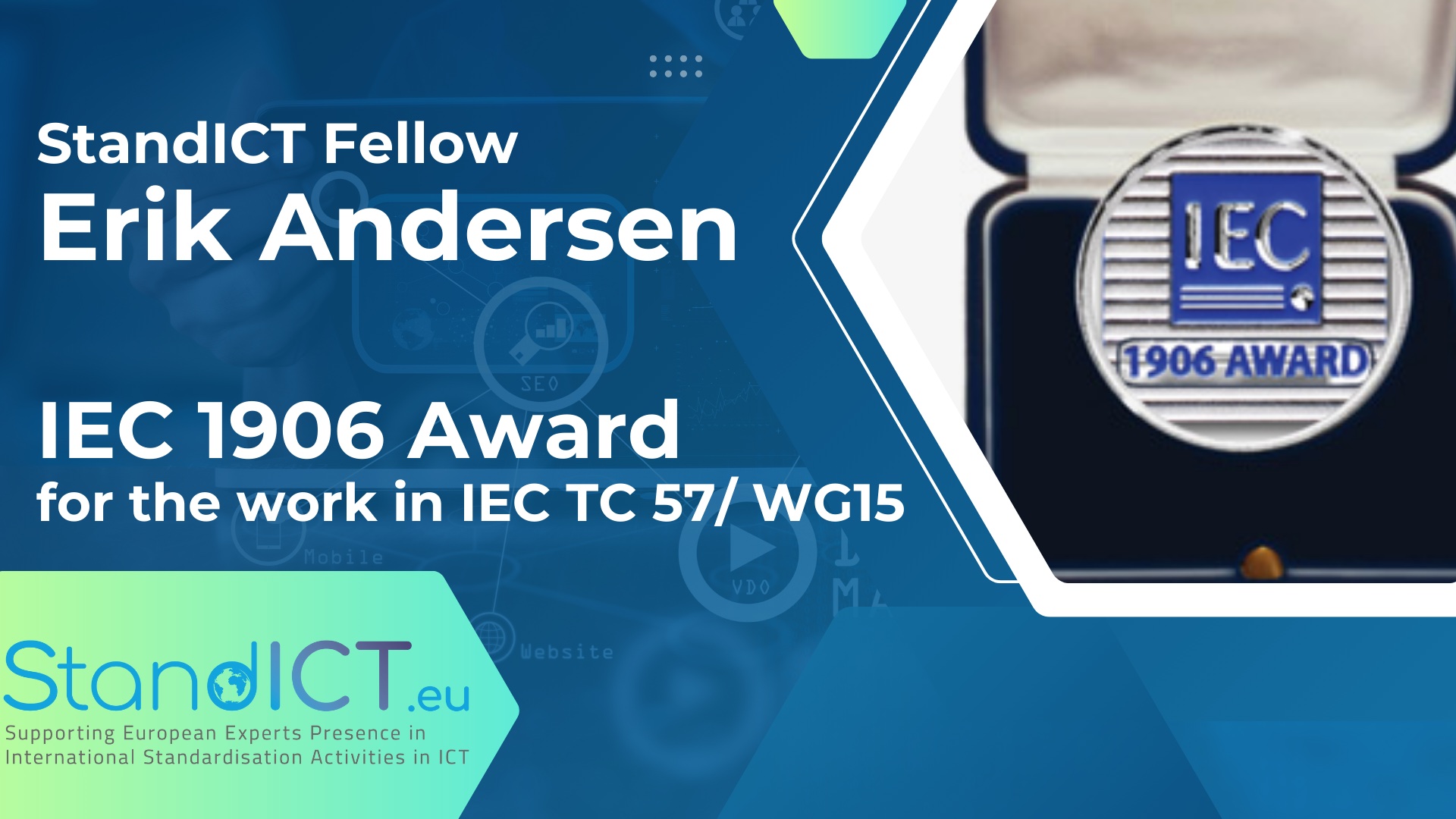ISO/TC 307 - Blockchain and DLT technology and the mass data sets used to drive AI via ISO/IEC JTC 1/SC 42 - Artificial intelligence and ISO/TC 20 - Aircraft and space vehicles. This is with especial focus on the sustainability and the develo…
Read time: 2 mins
The context
ISO/TC 307 - Blockchain and DLT technology and the mass data sets used to drive AI via ISO/IEC JTC 1/SC 42 - Artificial intelligence and ISO/TC 20 - Aircraft and space vehicles.
This is with especial focus on the sustainability and the development of enabling standards, ensuring the energy resources required for the future of European adoption is supported by adequate infrastructure.
The challenges
The increasing shift of energy resources to enable clean energy is heavily reliant on the electricity capacity of Europe, both for generation and distribution facing increasing capacity challenges.
The distribution of sufficient infrastructure is critical to the development of new and changing economic models. There is already increasing challenges from some European countries who are facing high energy consumption from Data Centres.
Alternatively, regions that fall behind these rapidly growing challenges will be limited in access to clean energy, which impacts their future economic and social development.
How standardisation activities help face the challenges
By re-visioning the provision of electricity to the ICT industry, especially given the explosive growth of AI and the heavy energy use of the processing required, certain challenges can only be secured with robust and careful standards that can help develop good, capable regulation.
A roadmap and strategic plan to apply the available resources to the critical standards area is a pre-cursor for rapid development in Blockchain & DLT, Circular Economy and Sustainable Finance.
Progress on the Blockchain & DLT strategic plan has been rapid and has increasingly focussed on sustainable aspects with the help of ISO's own focus on the issue, plus the Sustainable Development Goals.
The Benefits
The prospect of reducing the demand for electricity by a percentage of current total, global demand is going to be crucial in the economic future of Europe as well as the world's climate.
The bold initiatives in this arena cannot hope to be successful without the multi-lateral cooperation through standards and (eventually) shared and agreed regulation around Europe and then the globe.
Future plans
Specific ISO Standards (together with mirroring CEN committees) to focus standardising resources on enabling mass data assurance models and assured communication to service a range of high volume and low latency functions of data centres and 'cloud-based' data storage.
I recommend that a European conference or Europe-based expert group should be established to positively identify, agree and collectively develop international and EU-specific standards and regulation to ensure that these infrastructures are not owned or controlled from outside the EU.


